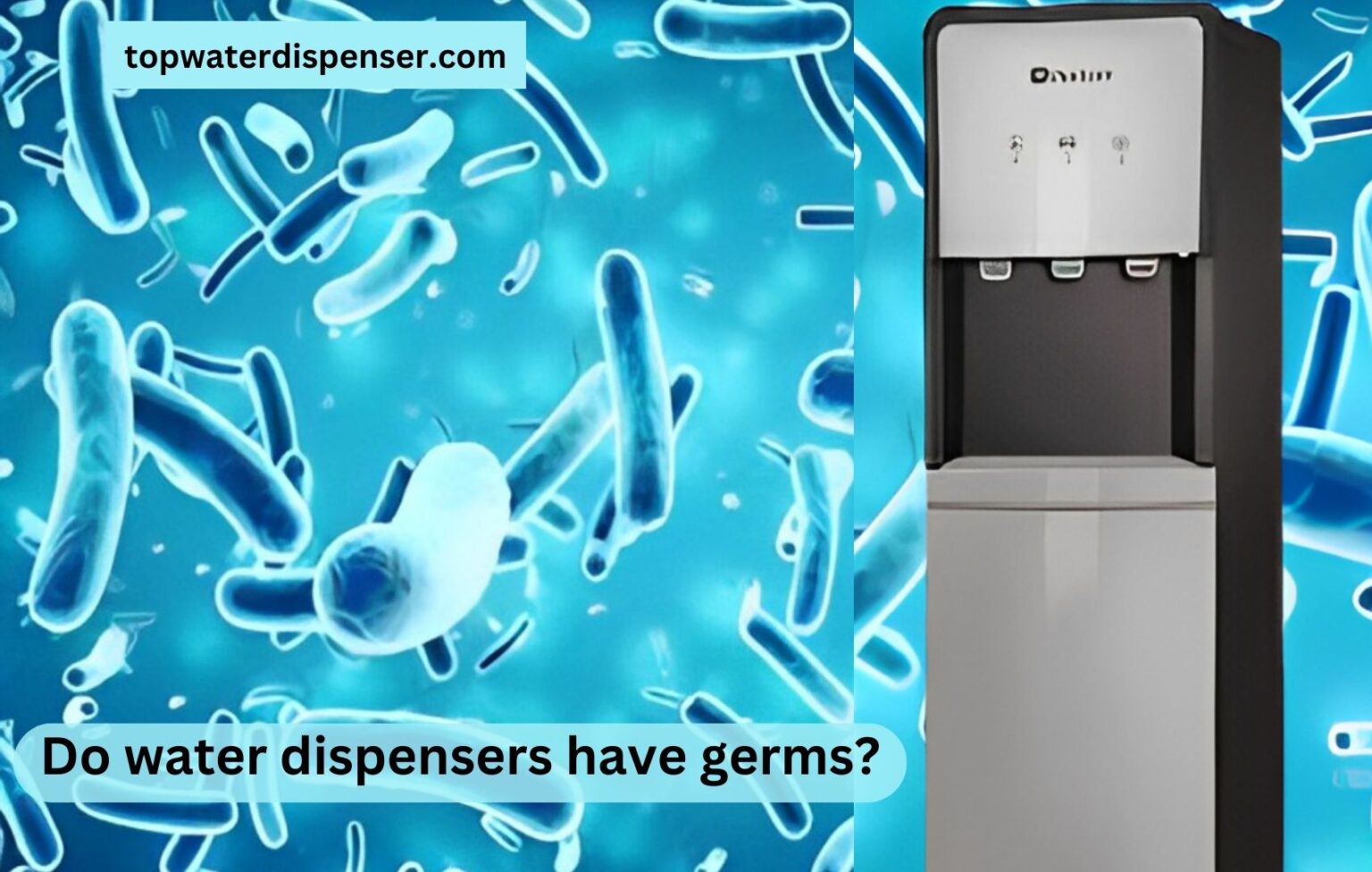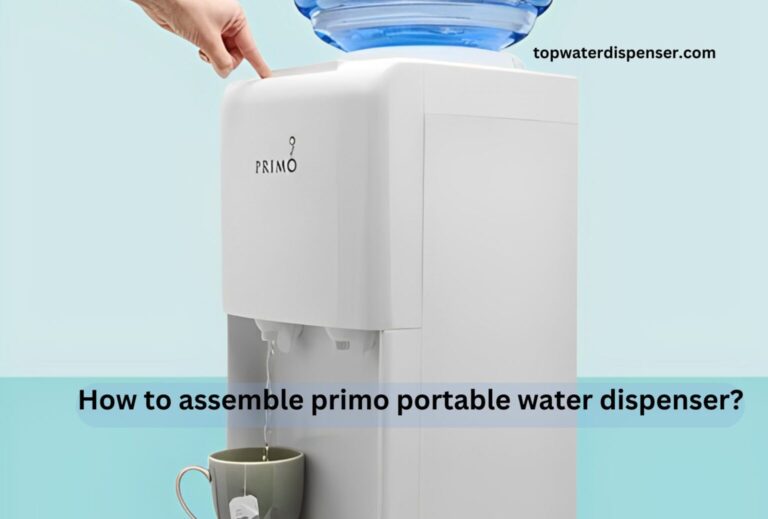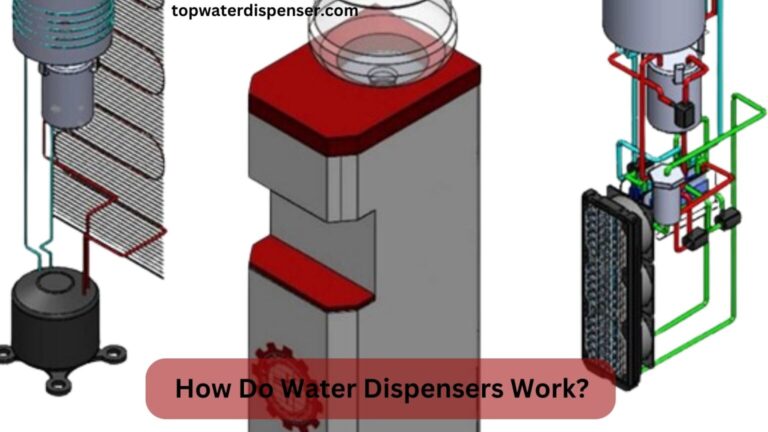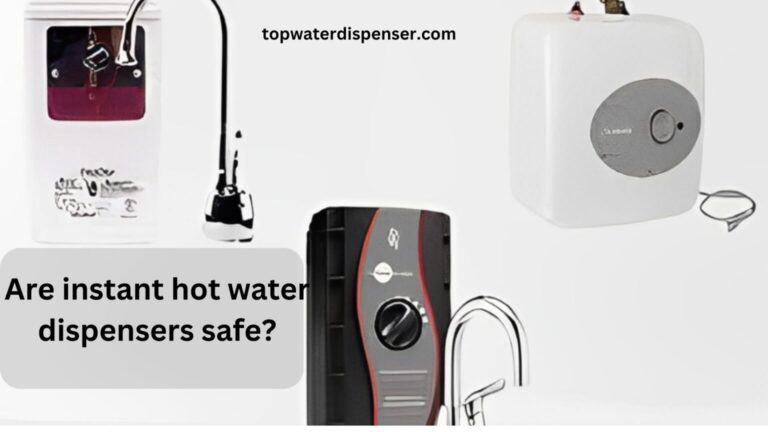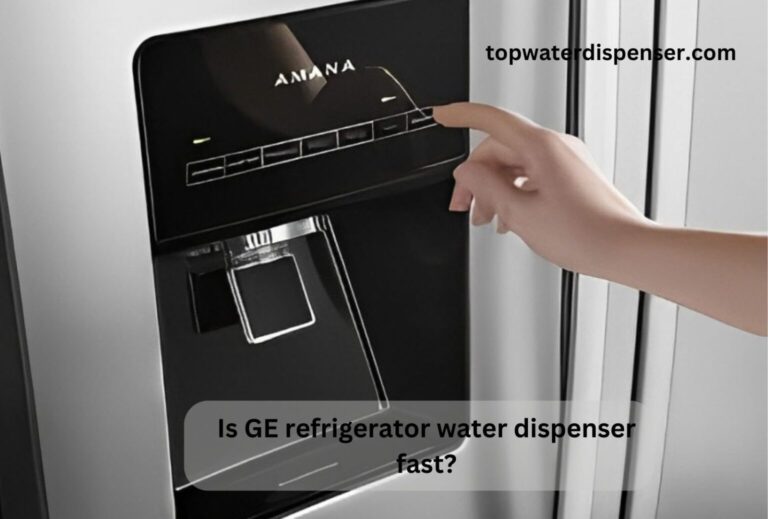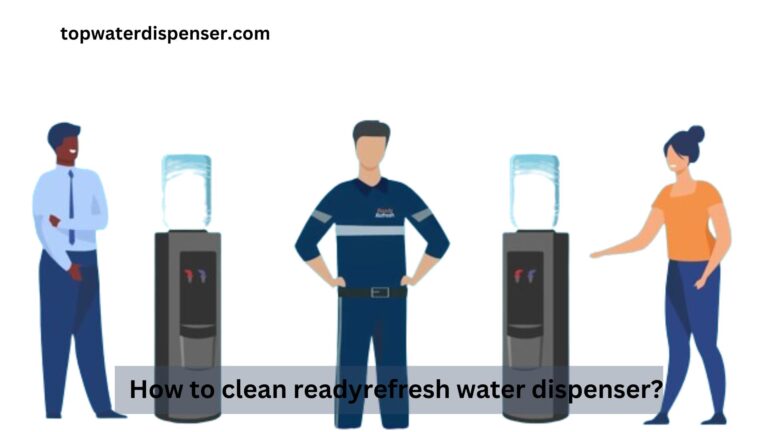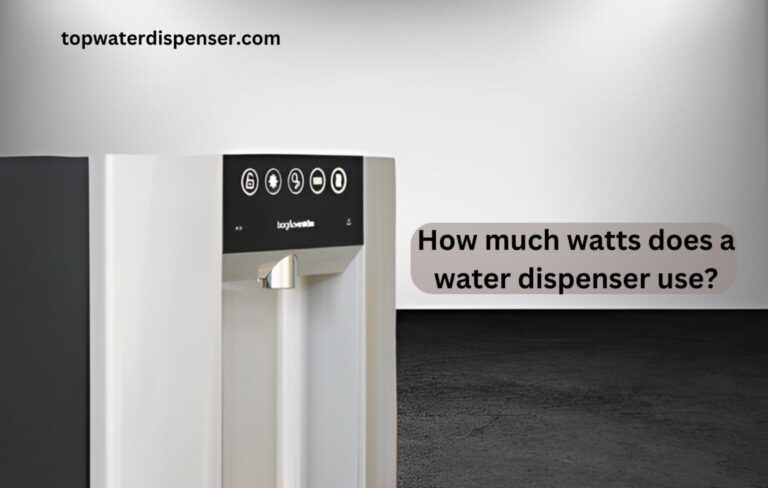Do water dispensers have germs?
In daily life, we often wonder about the cleanliness of shared facilities. “Do water dispensers have germs?” becomes a pertinent question when considering the health risks of using public or office water coolers.
Regularly sanitising dispensers and encouraging users to wash hands before use can significantly reduce the risk of germ transfer and maintain a healthier hydration source.
Discover the facts about water dispenser hygiene and the best practices to ensure safe drinking water. Stay informed and protect your health by learning more in our comprehensive guide.
Do water dispensers have germs? (Guidance)
The informative Guidance related, Do water dispensers have germs? Like algea, bacteria,virus etc.

1. Understanding Germ Transmission in Water Dispensers
Learn how germs can spread through common touch points on a bottled water dispenser and the role of personal hygiene in preventing contamination.
2. Proper Cleaning Techniques for Water Dispensers
Follow our step-by-step guide to effectively cleaning and sanitising your office or home water dispenser to ensure it remains a safe source of hydration.
3. The Importance of Routine Maintenance
Discover how regular maintenance of water dispensers can prevent the build-up of bacteria and biofilm, keeping the water safe for everyone.
4. Choosing the Right Sanitizing Agents
Selecting proper sanitising solutions is crucial. This section details what to use to kill germs without compromising the dispenser’s integrity or water quality.
5. Educating Users on Hygiene Practices
Providing guidance on good hygiene practices for users can dramatically decrease the spread of germs. Get tips on creating an effective educational program.
6. Recognizing Signs of Contamination
Be aware of the indicators that your water dispenser might be contaminated with germs. Knowing what to look for helps maintain clean water sources.
7. Implementing Contactless Water Dispensers
Explore advancements in dispenser technology, such as touchless devices, and their impact on reducing germ transmission in communal environments.
Topics:
The comprehensive topics related, Do water dispensers have germs?
1. The Role of Filters in Water Dispenser Cleanliness
Discover how filters in water dispensers play a critical role in blocking pathogens and impurities, ensuring that the water you drink is as clean and safe as possible, presence of chlorine and removal of microorganism and dispense water.
2. Health Regulations and Standards for Water Dispensers
Understand the health regulations and standards set by authorities to monitor and maintain the cleanliness of water system dispensers in public and private settings.
3. The Environmental Impact of Water Dispenser Choices
Learn about the environmental considerations involved in selecting water dispensers, including the reduction of plastic waste and energy efficiency of the machines.
4. Impact of Water Temperature on Germ Proliferation
Find out how the water temperature in dispensers can affect the multiplication of germs, and what temperatures are best for keeping growth to a minimum.
5. User-Friendly Designs for Enhanced Hygiene
Examine how the design of water dispensers can contribute to better hygiene, making it easier for users to avoid contamination while accessing water.
Conclusion:
In summary, the query “Do water dispensers have germs?” is valid and requires attention. Our guide underscores that while water dispensers can harbour germs, adherence to strict hygiene practices, routine maintenance, and the use of advanced technology dramatically mitigates health risks. It is imperative for users and providers of water dispensers to follow the guidance laid out for cleaning, sanitization, and user education to ensure safe and healthy drinking water for all.
FAQs:
People also ask, Do water dispensers have germs?
It is recommended to clean and sanitise your water dispenser every 3 to 6 months, or according to the manufacturer’s instructions for best maintenance practices.
Sanitising a water dispenser involves draining the unit, cleaning with a bleach solution, rinsing thoroughly, and then drying before the next use.
Water dispensers are generally good for you if maintained with regular cleaning and proper hygiene practices to prevent germ contamination.
Drinking from a water dispenser is safe when it is regularly cleaned, maintained, and used with good hygiene practices to prevent germ contamination.
Yes, water dispensers can accumulate dust, grime, and biofilm over time, necessitating regular cleaning to ensure safe drinking water and prevent germ buildup.

